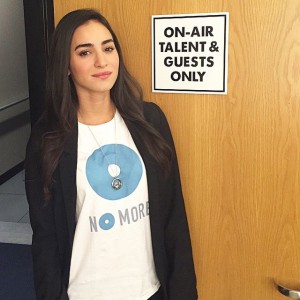Whether with friends, at work, in families, or in intimate relationships, healthy relationships are based on mutual respect, trust, honesty, support, fairness, equality, separate identities, and good communication.
While every family is different, characteristics of healthy family relationships include:
Healthy family relationships prepare children to cultivate healthy relationships with people outside their families, throughout the course of their lives.
Learn to talk with your child rather than to them — listen more than you speak. Make sure to cultivate open, two-way communication with your child, as it forms the basis for a positive relationship.
As children get older, they begin to explore their relationships with others, both romantic and non-romantic. As a parent, you can help your children recognize signs of unhealthy relationships, and how to address potential problems with others in a mature, understanding way.
As children are exposed to new ideas and experiences, it can be difficult to know what to say. While nobody has all of the answers, it is important to keep your conversations going.
Now you’ve started your road trip and you’ve decided the route, you’ve filled up on gas, and you’ve got your playlist ready, but you haven’t made space for unexpected things that will surface along the way. Maybe there’s a detour or something to look into. We have tools to open another level of dialogue for next-step conversations after you have covered the basics.
Just as you can’t address a flat tire on the road without the proper tools in your trunk, you can’t tell your daughter to get annual checkups at the gynecologist if you haven’t yet had a conversation about vaginas. Follow our steps to have more mature conversations with children as they get older.
Learn to talk with your child rather than to them — listen more than you speak. Make sure to cultivate open, two-way communication with your child, as it forms the basis for a positive relationship. Go to healthy relationships: Understanding boundaries
In order to understand healthy relationships, your children must first understand what boundaries are, and how to set them, respect others’, and understand their purpose. Or go to Healthy relationships: Respecting others





You can quickly leave this website by clicking the "X" after this message is gone or the "Exit now" button below.
Puede salir rápidamente de este sitio web haciendo clic en la “X” despues de este mensajoe o "Salir" abajo ahora.
You can quickly leave this website by clicking the "X" after this message is gone or the "Exit now" button below.
Puede salir rápidamente de este sitio web haciendo clic en la “X” despues de este mensajoe o "Salir" abajo ahora.